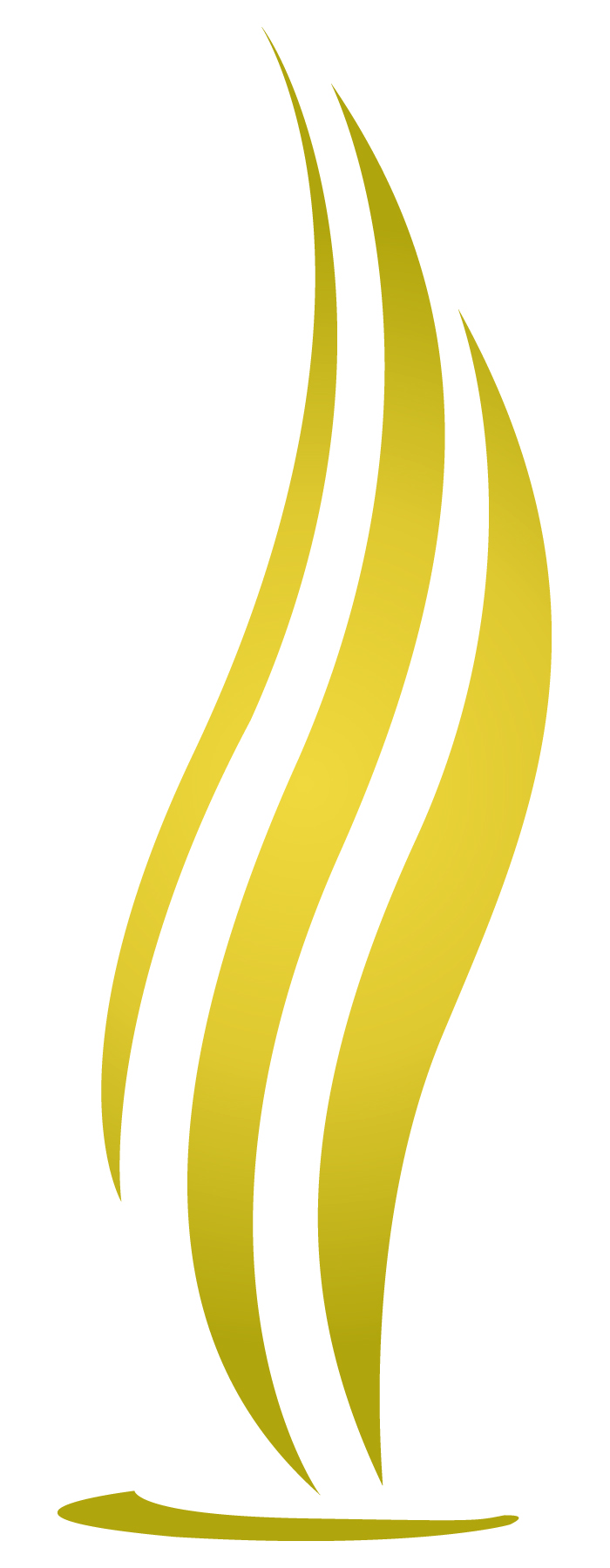Personal, Social, Health and Economic Education (PSHE)
PSHE education helps children and young people to achieve their potential by supporting their wellbeing and tackling issues that can affect their ability to learn, such as anxiety and unhealthy relationships. Within the PSHE curriculum students will study the compulsory Relationships and Sex Education (RSE). PSHE enables students to develop the knowledge, skills and attributes they need to keep themselves healthy, safe and prepared for life and work. It helps students to develop skills and aptitudes including teamwork, communication, and resilience. These skills are crucial to navigating the challenges and opportunities of the modern world, and are increasingly valued by employers.
How do we ensure academic rigour in our PSHE curriculum?
- Students gain core knowledge relating to issues such as personal finance, online and offline safety, relationships, healthy lifestyles, emergency first aid and careers, taught in a way which is appropriate to the age and maturity of students.
- Students are prepared for the world of work, to challenge stereotypes about different careers and develop the skills they need to succeed in the workplace.
- Students are equipped to identify, assess and manage potential risk (for themselves and others) and safety (including behaviour and strategies to employ in different settings).
How do we nurture and develop our students through our PSHE curriculum?
- Students develop key life skills and attributes, such as self-management, empathy, critical thinking, communication, resilience, teamwork and negotiation– all of which students need to thrive both in their youth and in adult life.
- Students are taught to challenge unhealthy and exploitative relationships, both to safeguard them from being abused and prevent them from engaging in abusive behaviours themselves.
- Students develop strategies that help them to identify, assess and manage potential risks and dangers, for themselves and others – this ensures the continued safety of our students both within and outside the school setting.
How do we promote social action and courageous advocacy through our PSHE curriculum?
- Students are prepared to meet life’s challenges and make the most of life’s opportunities. Therefore, students can learn about a range of personal and social issues. This learning naturally prompts the question, “What can I do about it?”
- Students are encouraged to consider their school, local and global communities and the issues affecting each. For example, all students across all year groups take part in Christian Aid week fundraising, campaigning and or collective worship.
- Students learn about the importance of law, democracy and justice in fair and prosperous society, enabling them to take part in youth parliament elections, but also develop a keen interest in law and politics after life at Lowton Church of England High School.
RSE – The Right to Withdraw
In certain circumstances, parents and carers do have the right to withdraw their children from RSE (Relationships and Sex Education).
Following discussion with the school, parents and carers can withdraw their child from the ‘sex’ elements of Relationships and Sex Education.
Please note that parents and carers do not have a right to withdraw their child from Health education, Relationships or any other aspect of PSHE education.
There is no right of withdrawal from National Curriculum Science which includes elements of sex education such as puberty and reproduction.
Three terms before they turn 16, a student can opt back in to sex education lessons against their parents’ wishes.
If a parent/carer wishes to withdraw their child, they need to have a discussion with the Head of PSHE in the first instance, Mrs J Warnes, and this will then be raised with SLT. This will allow us to be aware of any concerns, the reasons behind removal and to provide alternative arrangements if needed. We will try to accommodate any concerns as far as possible.
